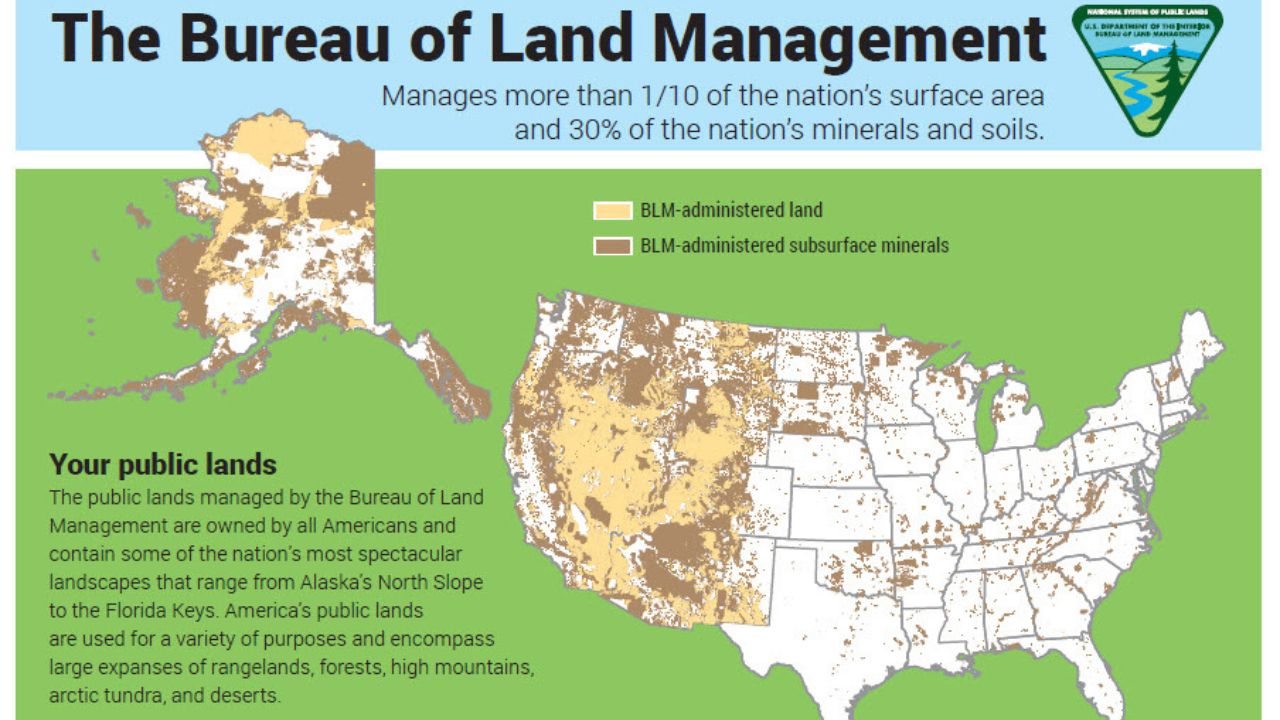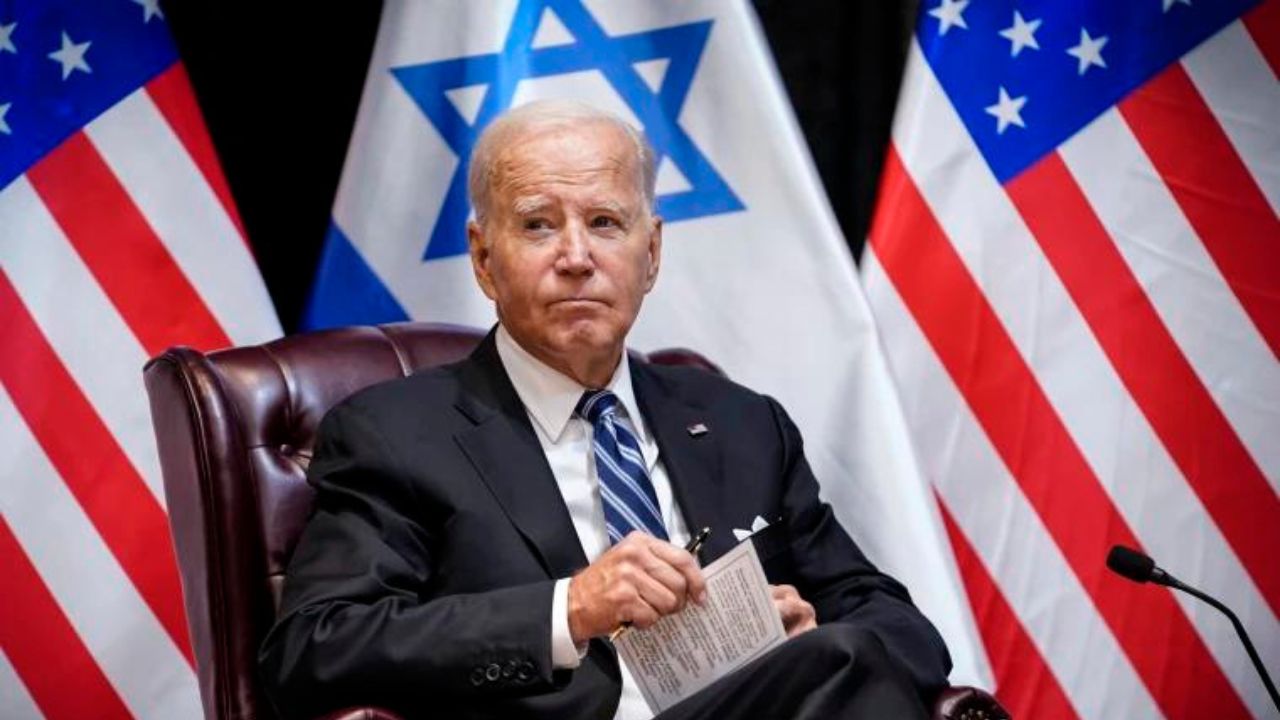In a significant move, the Biden administration finalized a rule to reduce methane emissions from oil and gas operations on federal and tribal lands. Methane, a potent greenhouse gas, accounts for nearly a third of global warming.
The rule, developed by the Bureau of Land Management (BLM), aligns with the administration’s broader strategy to combat climate change by targeting one of the fastest ways to slow its progression.
Preventing Methane Leaks and Waste
The finalized rule seeks to prevent both accidental and negligent methane leaks from drilling operations, pipelines, and infrastructure. It also aims to discourage venting and flaring practices, which contribute to methane release into the atmosphere.

By setting limits on venting and flaring without royalties, the rule intends to generate additional revenue for the federal government while conserving valuable natural resources.
Despite industry concerns about regulatory overlap, advocates emphasize the benefits of curbing methane waste for taxpayers, producers, and affected communities.
Industry Response and Regulatory Outlook
While the oil and gas industry acknowledges the importance of well-designed methane regulations, concerns linger about regulatory coherence and potential hindrances to energy development on federal lands.

Past regulatory fluctuations underscore the ongoing debate surrounding methane emissions regulation.
Despite potential opposition, the Biden administration remains committed to its climate agenda, signaling a continued focus on environmental protection and emissions reduction in the oil and gas sector.
